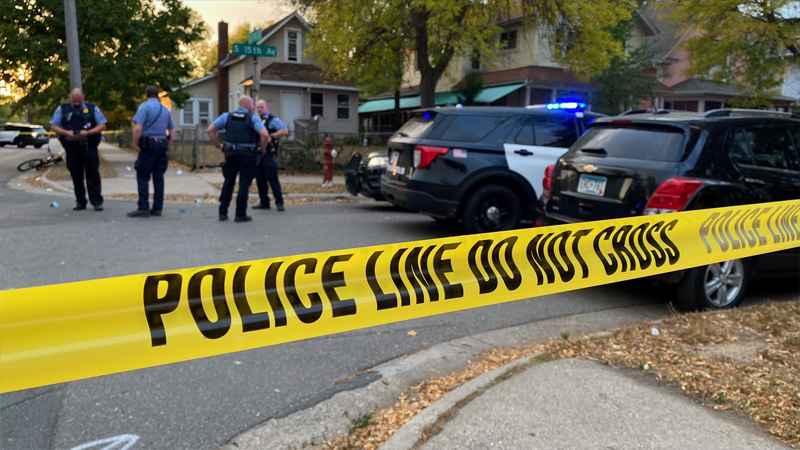State law enforcement oversight board taking closer look at standards for those who wear the badge
[anvplayer video=”5002405″ station=”998122″]
Minnesota’s Board of Peace Officer Standards and Training (POST) is considering better defining what type of “non-criminal” conduct or activities could possibly prohibit someone from serving in law enforcement, according to board leaders.
The POST board licenses more than 11,000 professional peace officers who are employed at more than 400 law enforcement departments across the state of Minnesota.
"There’s always a fine line between what an employee’s off-duty behavior is or groups associated with or things they say on social media, where does that cross the line into employment," POST Board Executive Director Erik Misselt said.
An audit into the POST board last year suggested areas where the standards for peace officer eligibility — which already look into mental health, criminal pasts and physical tests — could be expanded.
For example, the audit found the board needs to better define in statute or board rules what type of "non-criminal" conduct could disqualify a person from police work.

FILE[Travis Rosauer/KSTP]
The audit said, “The list should be expanded to include non-criminal behaviors that indicate a person may not be suited for police work. For example, dishonesty or patterns of discriminatory behavior is not generally criminal in nature, but a pattern of it can wreak havoc within the profession.”
"If we want public trust we have to be vigilant," Mendota Heights Police Chief Kelly McCarthy, who is also the POST Board Chairperson, said.
5 EYEWITNESS NEWS asked McCarthy if the POST Board should do more when it comes to see if someone may have a group affiliation that could raise concerns with members of the public.
"I think for the big ones, yes, for the obvious hate groups, the obvious real extremism, I think that is a licensure issue," McCarthy said.
The POST board licenses peace officers who work in law enforcement in the state.
"What we are looking for is how to define that, what does that mean, for example, the chief referenced hate groups, as we are trying to define this ‘non-criminal conduct’ or these associations — what does that mean?” Misselt said. “Are these hate groups designated by the FBI? Or Home Lane Security?”
The POST board leaders who sat down with 5 EYEWITNESS NEWS said there’s no timeline for any possible rule or policy changes.
"I hope that the public is seeing and our partners are seeing that we’re not afraid to go into areas we haven’t gone before and we’re not afraid to have the difficult discussions,” McCarthy said. “We’re not going to be afraid to lead on a lot of these issues.”